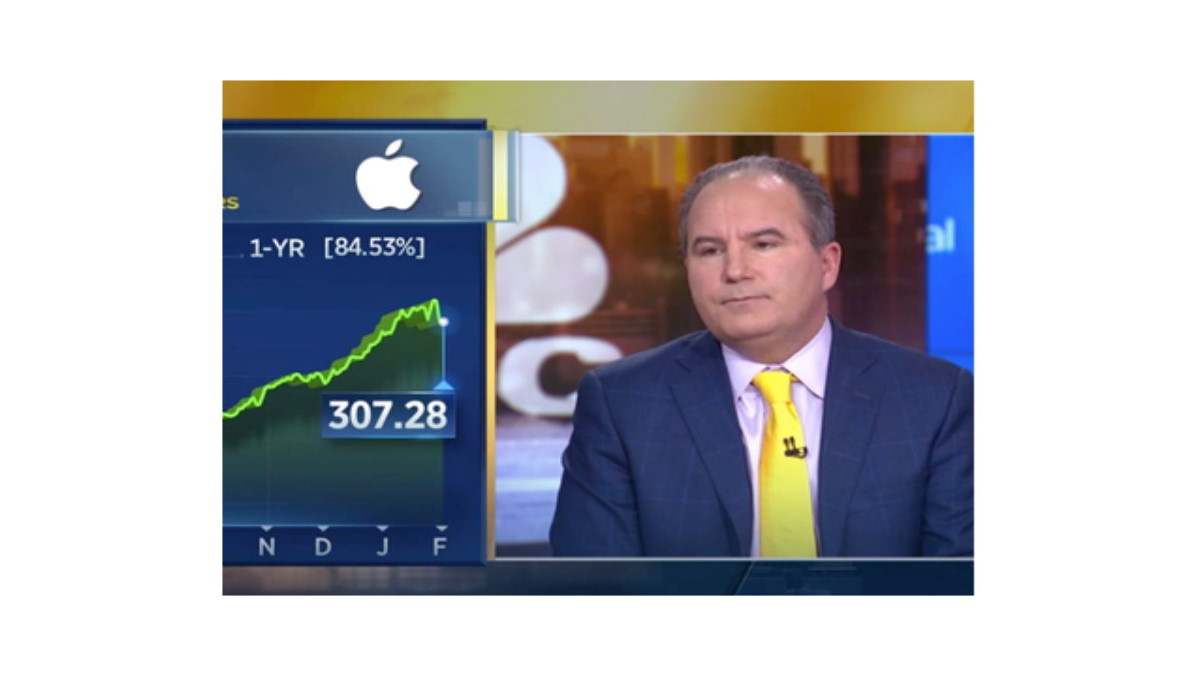Collaboration For Growth: Bangladesh's Renewed Emphasis On European Markets

Table of Contents
Boosting Exports Beyond Ready-Made Garments (RMG)
Bangladesh's economy has long been heavily reliant on the ready-made garment (RMG) sector. While RMG exports remain a cornerstone, over-dependence poses significant vulnerabilities. Diversifying exports is crucial for sustainable economic growth and resilience against global market fluctuations. This diversification strategy involves exploring the potential of other sectors and enhancing the competitiveness of existing ones.
-
Focus on Non-RMG Exports: The focus is shifting towards non-RMG exports, including pharmaceuticals, jute products, leather goods, information and communication technology (ICT) services, and high-value agricultural products. These sectors offer significant untapped potential for growth in European markets.
-
Value Addition and Quality Enhancement: Simply increasing export volume isn't enough. Bangladesh needs to prioritize value addition and quality improvement across all export sectors. This includes investing in research and development, adopting advanced technologies, and focusing on producing high-quality, specialized goods that meet the demands of discerning European consumers.
-
Effective Export Promotion Strategies: Successful penetration of European markets requires targeted export promotion strategies. This includes participating in international trade fairs, conducting focused marketing campaigns, and strengthening collaborations with European importers and distributors. Government initiatives to support businesses in navigating international trade regulations and accessing financing are also vital. The goal is to effectively showcase Bangladeshi products and build strong brand recognition in the European Union.
Strengthening Trade Relations and Addressing Trade Barriers
Strengthening trade relations with the European Union requires addressing existing trade barriers and negotiating favorable trade agreements. This is a crucial aspect of Bangladesh's renewed focus on European markets.
-
EU-Bangladesh Trade Agreements: Negotiating and implementing comprehensive trade agreements with the EU is paramount. These agreements should aim to reduce tariffs, improve market access, and simplify customs procedures. This will directly contribute to increased trade volume and economic growth.
-
Addressing Non-Tariff Barriers: Beyond tariffs, several non-tariff barriers hinder trade. These include regulatory compliance, stringent quality standards, and sometimes differing labeling requirements. Bangladesh needs to actively address these challenges by improving regulatory frameworks, enhancing quality control measures, and ensuring compliance with EU standards.
-
Sustainable and Ethical Production: Meeting EU requirements for sustainable and ethical production practices is not just a compliance issue; it's a crucial element for building trust and gaining market access. This involves promoting environmentally friendly manufacturing processes, ensuring fair labor practices, and adhering to international standards. This commitment to sustainability will also attract environmentally conscious European consumers.
Attracting European Investment and Fostering Joint Ventures
Attracting foreign direct investment (FDI) from European companies is another key component of Bangladesh's strategy. This involves creating an attractive investment climate and fostering collaborative ventures.
-
Foreign Direct Investment (FDI): The government needs to actively attract FDI by promoting Bangladesh as an attractive investment destination. This involves simplifying investment procedures, improving infrastructure, and providing incentives to European businesses.
-
Joint Ventures and Technology Transfer: Fostering joint ventures between Bangladeshi and European companies will facilitate technology transfer, knowledge sharing, and the adoption of best practices. These collaborations can significantly improve productivity and innovation within the Bangladeshi economy.
-
Infrastructure Development: Significant investment in infrastructure development, including transportation, energy, and communication networks, is essential for creating a business-friendly environment and attracting European investors. This improved infrastructure will directly support the growth of industries and trade.
-
Alignment with SDGs: Aligning investment strategies with the Sustainable Development Goals (SDGs) will attract investors committed to responsible and sustainable business practices. This further strengthens Bangladesh's image as a responsible and reliable trading partner.
Conclusion: Collaboration for Growth with the European Union
Bangladesh's renewed emphasis on European markets represents a strategic opportunity to propel economic growth and diversification. By focusing on export diversification, strengthening trade relations, and attracting significant European investment, Bangladesh can achieve sustainable and inclusive development. To further enhance this collaboration, Bangladesh needs to continue investing in infrastructure, modernizing regulatory frameworks, and promoting sustainable and ethical business practices. By successfully implementing these strategies, Bangladesh can solidify its position in the European market and realize the full potential of collaboration for growth with the European Union, leading to sustained economic prosperity and improved living standards for its citizens.

Featured Posts
-
 Muezede Porsche 956 Tavan Sergisinin Hikayesi
May 24, 2025
Muezede Porsche 956 Tavan Sergisinin Hikayesi
May 24, 2025 -
 Apple Stock Dan Ives Long Term Bullish Prediction After Price Target Reduction
May 24, 2025
Apple Stock Dan Ives Long Term Bullish Prediction After Price Target Reduction
May 24, 2025 -
 Lyudi Lyubyat Schekotat Nervy Vzglyad Fedora Lavrova Na Pavla I I Trillery
May 24, 2025
Lyudi Lyubyat Schekotat Nervy Vzglyad Fedora Lavrova Na Pavla I I Trillery
May 24, 2025 -
 Mamma Mia Review Of The New Ferrari Hot Wheels Sets
May 24, 2025
Mamma Mia Review Of The New Ferrari Hot Wheels Sets
May 24, 2025 -
 Understanding Anonymity At Trumps Memecoin Fundraising Dinner
May 24, 2025
Understanding Anonymity At Trumps Memecoin Fundraising Dinner
May 24, 2025
